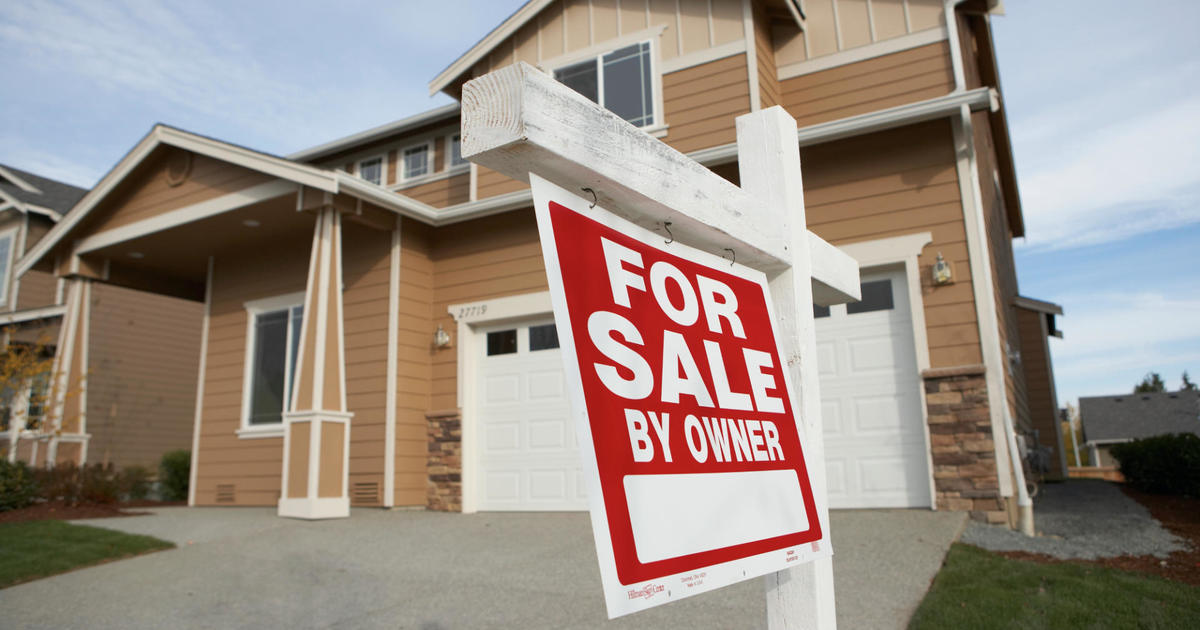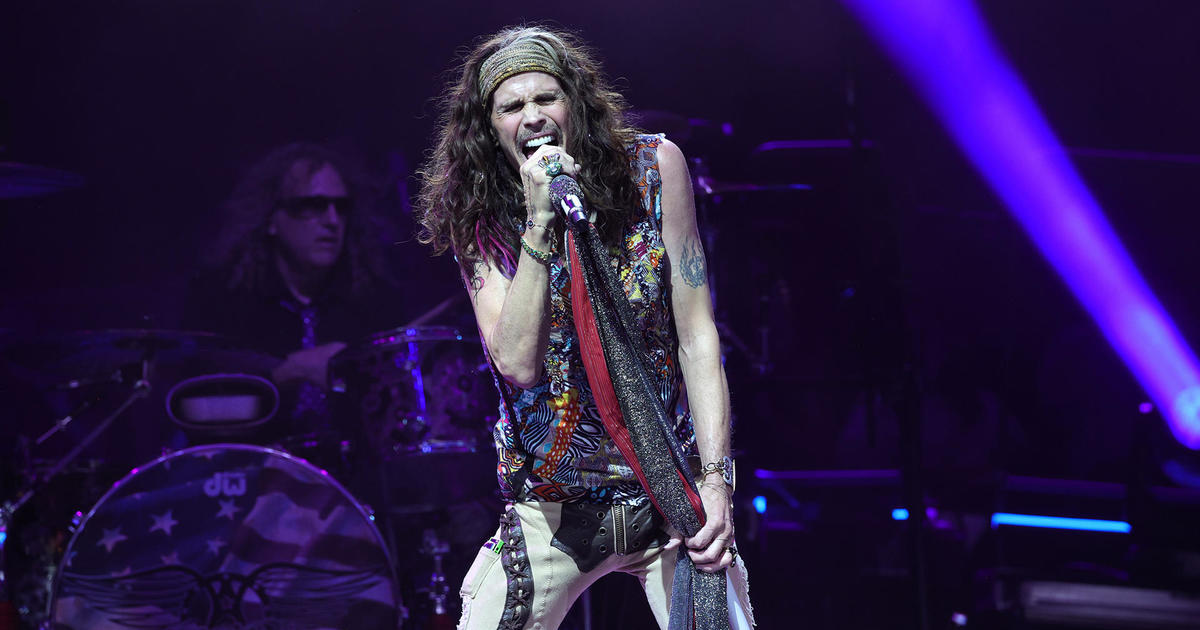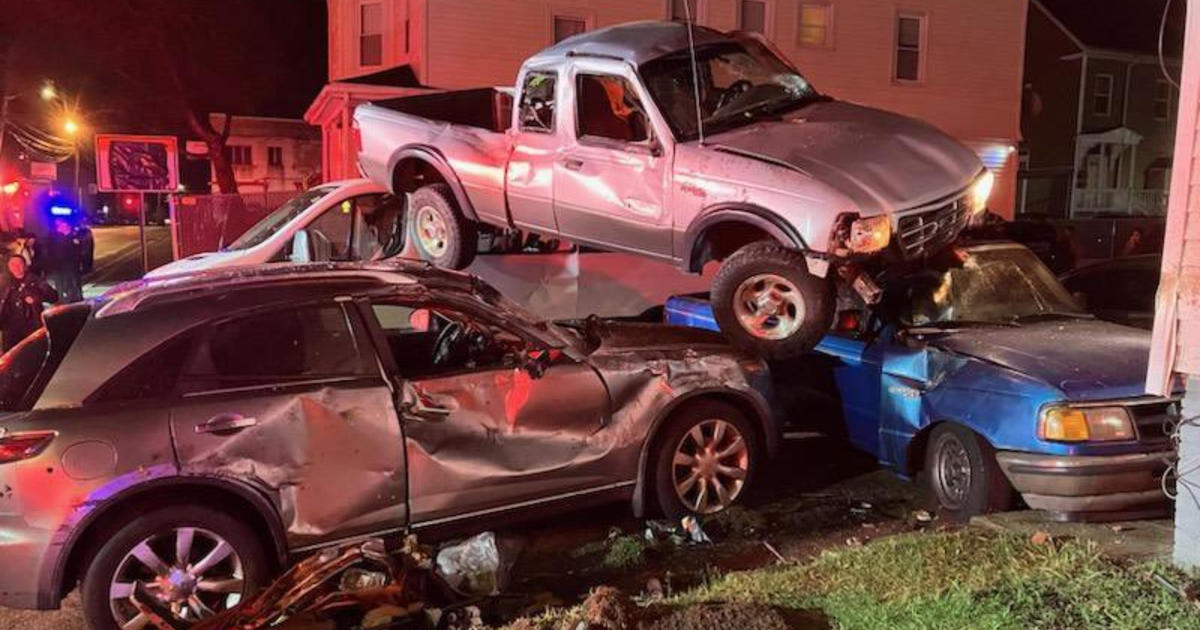Inflation Reaches Highest Rate In Nearly 40 Years
BOSTON (CBS) - A government report released Friday shows that consumer prices jumped 6.8% over the last year, the highest rate reported since 1982.
"Inflation has been very uneven," explained Michael Klein, a Professor of Economics at the Fletcher School at Tufts University. "Core inflation strips out the prices of things that are especially volatile, like foods and fuel because otherwise the headline inflation rate is much more volatile because of the presence of food and fuels."
Such is the case in the U.S. right now, he said, with food and fuel prices significantly contributing to the inflation rate.
Some of the biggest contributors are gasoline, with a 58.1% increase, used cars, which rose 31.4%, and beef, with a 20.9% hike.
Shoppers feel it in their wallets. "When I was young, I never paid attention to prices but now I know my prices because I'm older and more experienced, and it's outrageous," explained Diane Spicer of Winthrop as she left Stop and Shop. "I definitely feel it in my wallet and in my budget and I'm always running out of stuff and not looking forward to going back shopping and paying that kind of price."
The Stop and Shop CEO, like other experts, attributed the problem largely to supply and demand issues and fallout related to the COVID-19 economic shutdowns of 2020. "The suppliers were selling 100% of what we could make," Stop and Shop President Gordon Reid said. "The challenge this year is that they can't make it, which is a whole different scenario so trying to catch up, we see some of these challenges all the way through 2022."
"So, this is really unusual given what's happened over the last three decades or so," explained Professor Klein. "But we should keep in mind that this is still lower inflation than what we saw in the 1970s, when inflation was viewed as public enemy number one by people, and we are still a long way away from that."
Should the trend continue, Klein explained, one other factor could be introduced: expectation. "What are people's expectations? If people expect higher inflation, then they will ask for higher wages, stores will have higher prices, and then that can feed on itself. So, so far it seems expectations have not really become embedded in a way that we should worry," he said.
The Federal Reserve has already announced certain measures aimed at slowing the rate of inflation, including slowing the rate of its purchase of assets, which could in turn help slow inflation.



